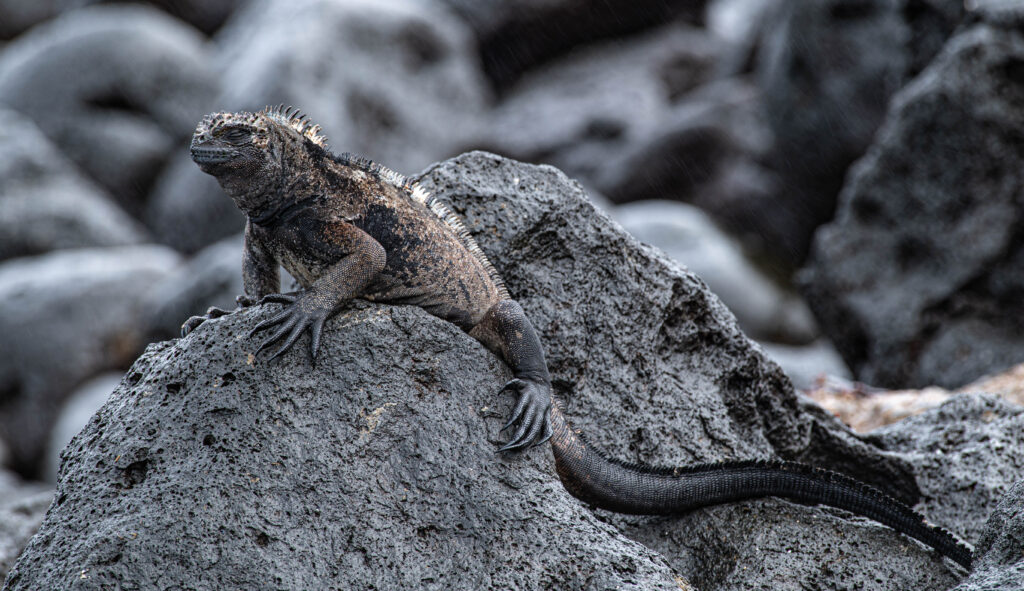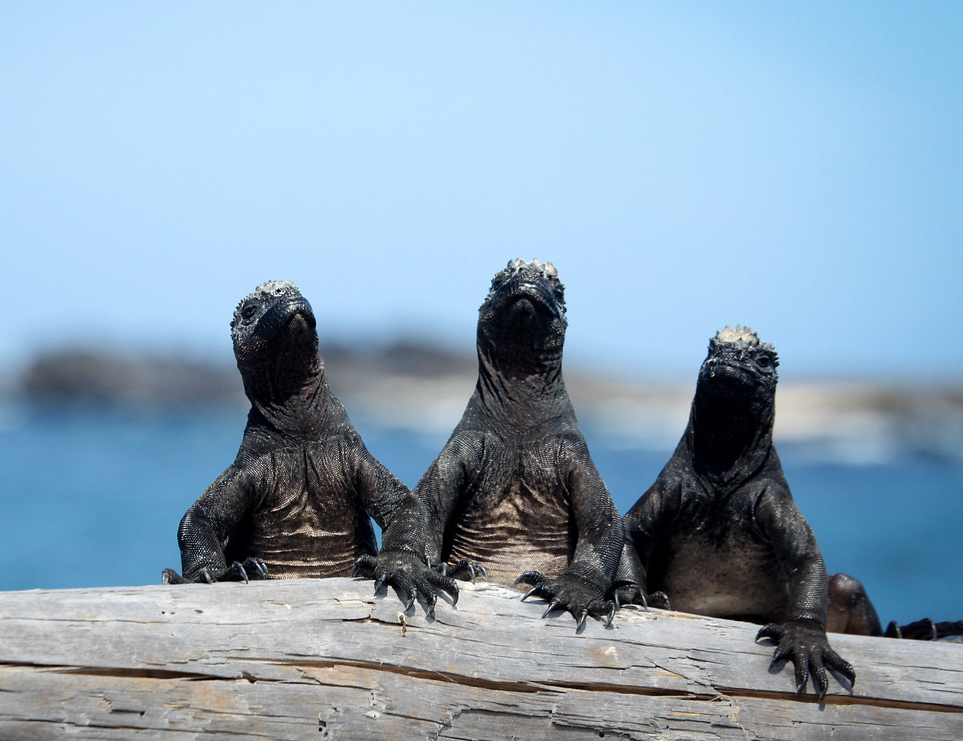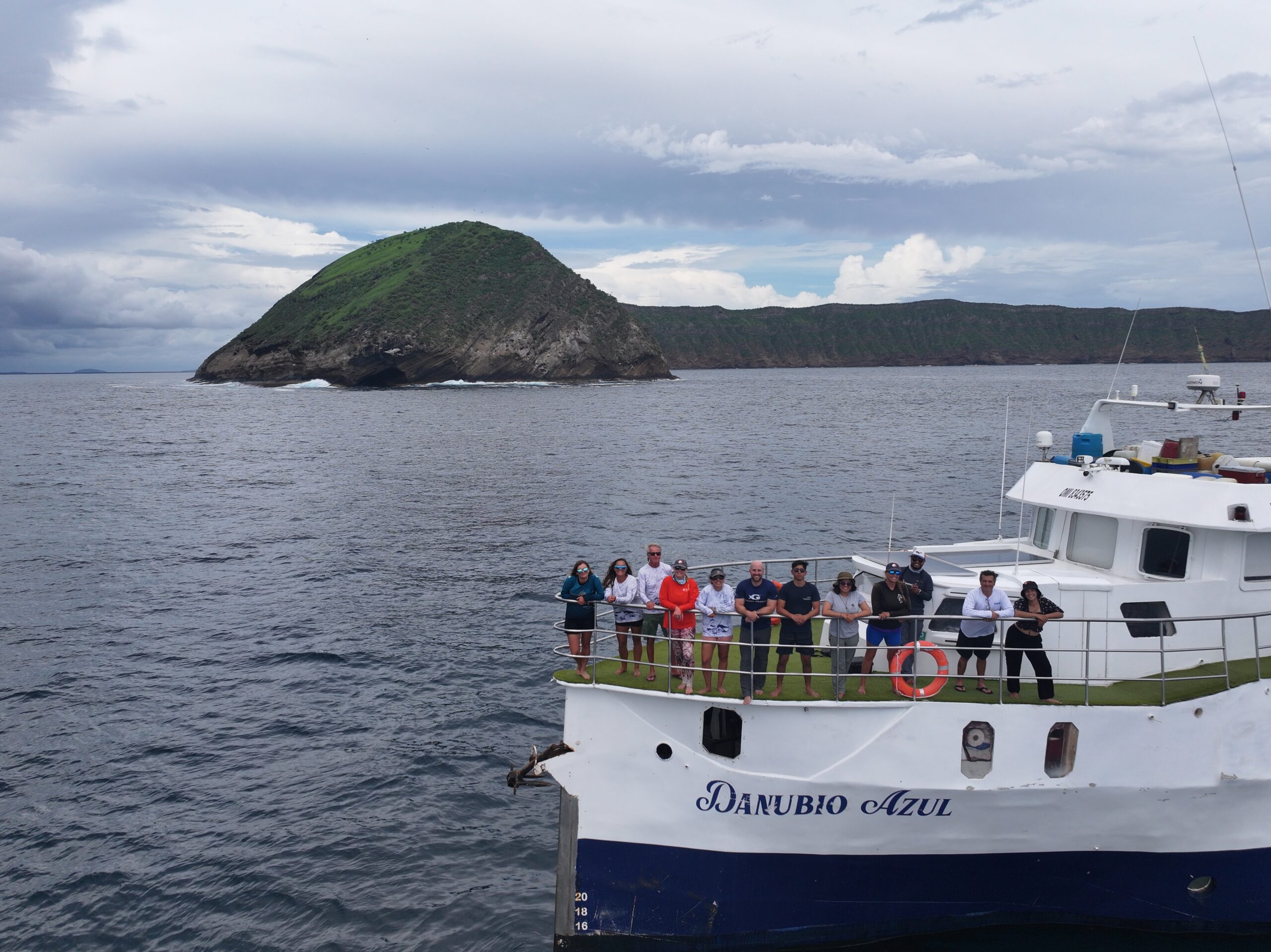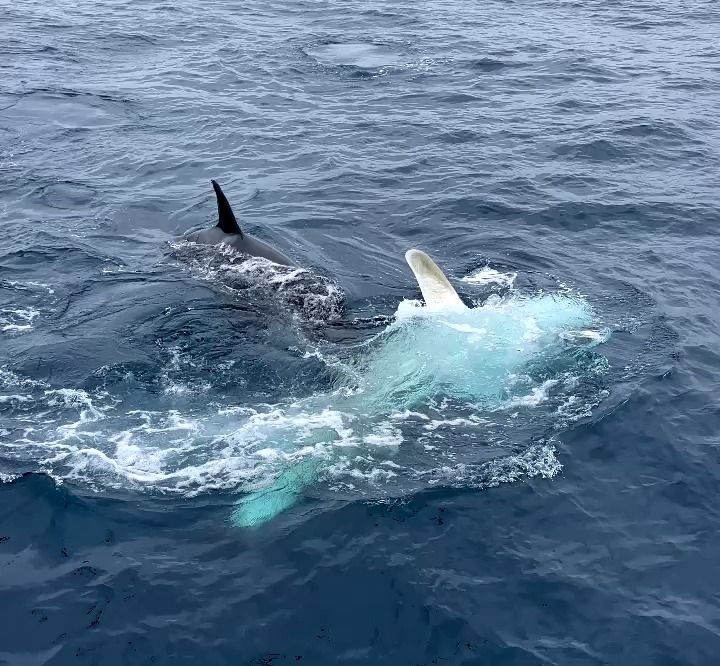The marine iguanas of Galápagos (Amblyrhynchus cristatus) have the ability to lower their heart rate to conserve energy—an adaptation developed to cope with El Niño events. During these periods, warmer ocean temperatures reduce algae, their main food source, threatening the survival of the world’s only marine lizard.
To understand how marine iguanas physiologically respond to resource scarcity, a team of researchers conducted an 11 year study on San Cristóbal Island, Galápagos. They monitored 665 marine iguanas, measuring heart rate and body temperature across different oceanographic cycles, including El Niño and La Niña events.
The study revealed that in response to ocean warming, marine iguanas lower their heart rate, indicating a reduced metabolic rate. Despite this, their body temperature remained stable, suggesting this metabolic adjustment is an internal adaptation rather than a result of environmental temperature.

These findings add to what is already known about their adaptability, such as shrinking body size during food shortages and highlight the importance of understanding their physiological strategies for conservation, especially in the face of climate change and increasingly frequent El Niño events.
🔗Read the article here: https://doi.org/10.1111/jzo.13254






